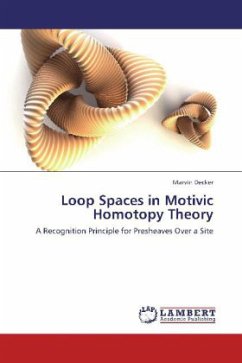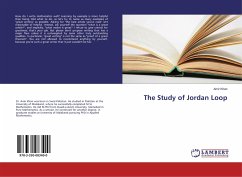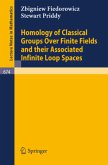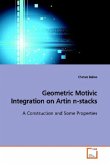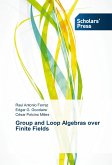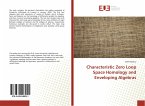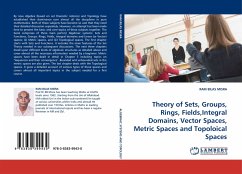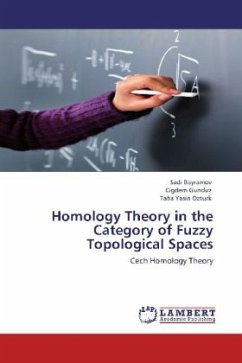Loop space recognition is well understood in the context of traditional topology, however many principles for loop space characterization can be generalized to contexts besides topological spaces. Quillen introduced model categories as categories that have properties sufficient to define a homotopy theory consistent with the classical notion from topology. These categories can be understood by a class of morphisms called weak equivalences that yield isomorphism in the defined homotopy theory. When a model category possesses sufficiently rich combinatorial properties, the class of weak equivalences can be enlarged in a localization of the category. This work explores recognition principles, consistent with classical loop space recognition, in the context of model categories with localization. Analogues to the classical topological loop functors are provided in these categories with a corresponding recognition principle.
